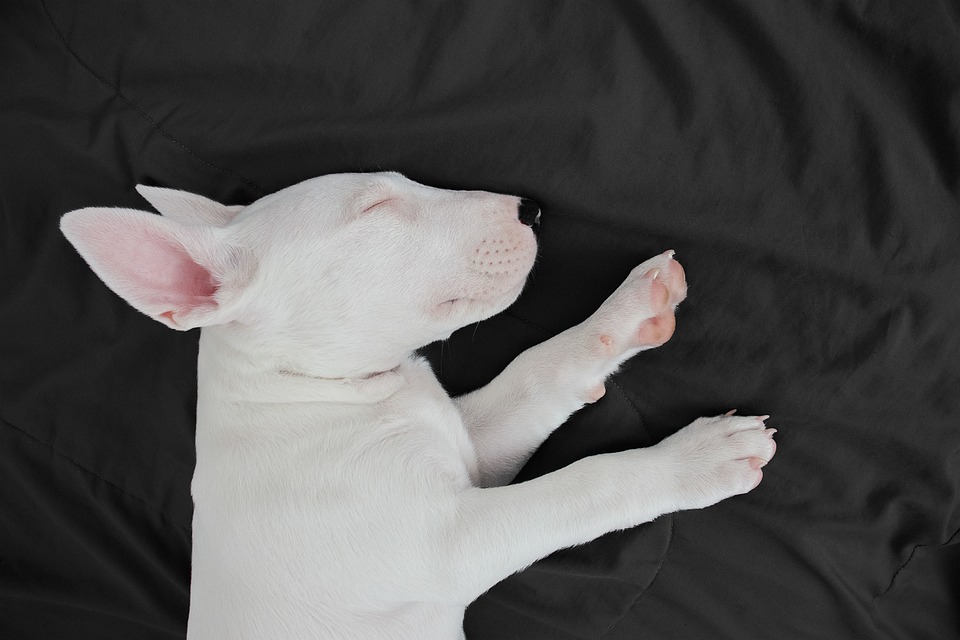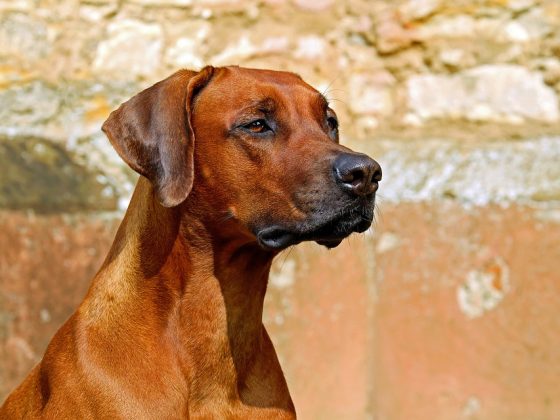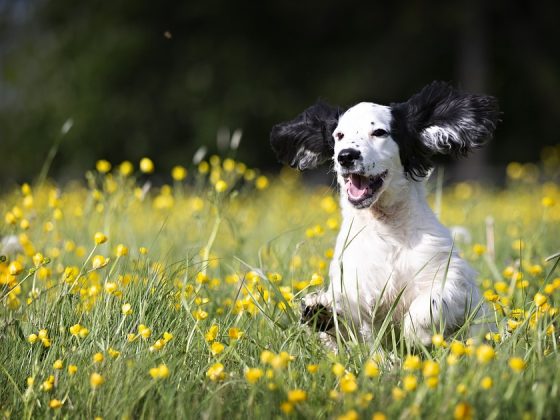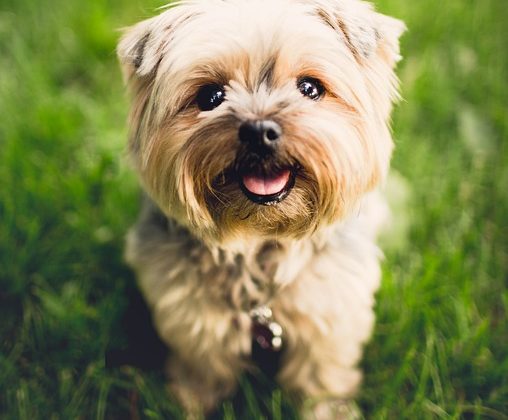Are you considering adding a small dog to your family? Small dog breeds are a popular choice for many pet owners due to their compact size, adorable appearance, and playful personalities. If you’re thinking about getting a small dog, it’s important to do your research to find the perfect match for your lifestyle and living situation. In this ultimate guide to small dog breeds, we’ll help you navigate the world of small dogs and find the perfect furry companion for you.
Factors to Consider When Choosing a Small Dog Breed
Before you begin your search for the perfect small dog breed, there are several factors to consider to ensure that you choose a dog that fits well with your lifestyle and living situation. Here are some important things to keep in mind:
1. Size: While all small dog breeds are small in comparison to larger breeds, some small dogs are tiny and delicate, while others are sturdier and more robust. Consider how much space you have in your home and whether you’ll be able to provide adequate exercise and playtime for your new furry friend.
2. Energy Level: All dogs require regular exercise, but some small dog breeds are more energetic than others. If you lead an active lifestyle and enjoy outdoor activities, a high-energy small breed like a Jack Russell Terrier or a Chihuahua may be a good fit for you. If you prefer a more laid-back companion, a breed like a Cavalier King Charles Spaniel or a Bichon Frise might be a better match.
3. Grooming Needs: Some small dog breeds have high grooming requirements, while others are low-maintenance in terms of grooming. Consider how much time and effort you’re willing to put into grooming your dog’s coat and whether you have any allergies to pet dander.
4. Temperament: Each small dog breed has its own unique temperament and personality traits. Some breeds are known for being friendly and outgoing, while others may be more reserved or territorial. Consider what type of temperament you’re looking for in a companion and choose a breed that matches your preferences.
5. Compatibility with Children and Other Pets: If you have children or other pets in your household, it’s important to choose a small dog breed that is known for being good with kids and other animals. Breeds like the French Bulldog, the Beagle, and the Dachshund are typically good choices for families with children.
Top Small Dog Breeds to Consider
Now that you’ve considered the important factors in choosing a small dog breed, it’s time to explore some of the most popular small dog breeds to help you find your perfect match:
1. French Bulldog: Known for their playful and affectionate nature, French Bulldogs are a popular choice for families and individuals alike. These small dogs have a distinctive bat-like appearance and are known for their comical personalities.
2. Cavalier King Charles Spaniel: A gentle and friendly breed, Cavalier King Charles Spaniels are known for their loving and loyal nature. These small dogs are great companions for families and individuals alike.
3. Yorkshire Terrier: With their silky coat and playful personality, Yorkshire Terriers are a popular choice for those looking for a small, portable companion. These small dogs are full of energy and love to play and explore.
4. Chihuahua: Known for their big personalities and tiny size, Chihuahuas are a popular small dog breed. These pint-sized pups are confident and brave and are great watchdogs despite their small stature.
5. Shih Tzu: With their luxurious coat and friendly demeanor, Shih Tzus are a popular small dog breed. These dogs are affectionate and love to be around people, making them great companions for families and individuals.
FAQs About Small Dog Breeds
Q: Are small dog breeds good for apartment living?
A: Yes, many small dog breeds are well-suited for apartment living due to their compact size and lower exercise needs. However, it’s important to provide regular exercise and mental stimulation to keep your small dog happy and healthy.
Q: Do small dog breeds get along with children?
A: While individual dogs may vary in their interactions with children, many small dog breeds are known for being good with kids. It’s important to teach children how to interact with small dogs properly to prevent any accidents or misunderstandings.
Q: How much grooming do small dog breeds require?
A: Grooming requirements vary depending on the breed, but many small dog breeds have lower grooming needs compared to larger breeds. Regular brushing, nail trimming, and bathing are important to keep your small dog’s coat healthy and free of mats.
Q: Do small dog breeds have health issues?
A: Like all dogs, small dog breeds are prone to certain health issues, such as dental problems, obesity, and breathing difficulties. It’s important to schedule regular vet check-ups and monitor your small dog’s weight and overall health to prevent any serious issues.
In conclusion, choosing the perfect small dog breed for your lifestyle and living situation is an important decision that requires careful consideration. By taking into account factors like size, energy level, grooming needs, temperament, and compatibility with children and other pets, you can find the ideal small dog breed that will bring joy and companionship to your life. Whether you’re looking for a playful and energetic companion or a laid-back snuggle buddy, there’s a small dog breed out there that’s perfect for you.











